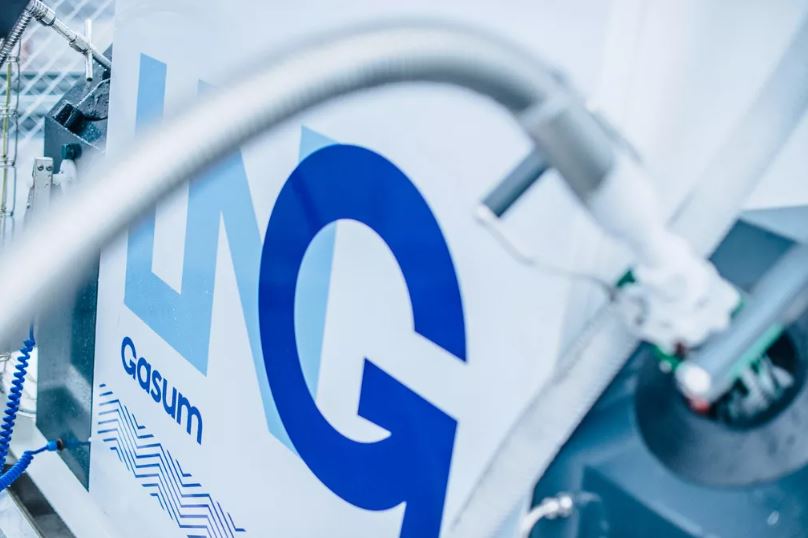Finland’s natural gas and LNG supplier Gasum said it would take its dispute over ruble payments with a unit of Russia’s Gazprom to arbitration proceedings.
State-owned Gasum said in a statement on Tuesday it had been negotiating the details of its long-term natural gas contract with Gazprom Export since autumn last year.
In April, Gazprom Export sent Gasum a letter, requesting that going forward the payments agreed in the supply contract should be made in rubles instead of euros. In addition, Gazprom Export has made other claims on Gasum regarding the supply contract, the latter said in the statement.
“Gasum does not accept Gazprom Export’s requirement to switch to ruble payments and will consequently not make payments in rubles or under Gazprom Export’s proposed payment arrangement,” it said.
In addition, the companies are in “significant dispute” concerning other claims submitted under the contract, Gasum said.
“Overall, this is something that Gasum cannot accept and has decided to take the disputes regarding the supply contract to arbitration in accordance with the contract,” it said.
LNG import plans
Following these moves, Gasum says there is an “increased risk” that Gazprom Export would halt gas supply from Russia to Finland.
Gasum said it had been preparing for this situation together with its customers and the national authorities.
During the coming summer season, Gasum will aim to ensure the availability of natural gas for its Finnish customers through the Balticconnector gas pipeline which connects the gas transmission networks of Estonia and Finland.
However, constraints on transmission capacity “can make this challenging,” it said.
“In this situation, Gasum had no choice but to take the contract to arbitration. In this challenging situation, we will do our utmost to be able to supply our Finnish customers with the energy they need,” Mika Wiljanen, CEO of Gasum, said.
Finland and Estonia have earlier this year revealed plans to jointly charter a floating storage unit (FSRU) as part of plans to diversify supply sources and reduce reliance on Russian gas supplies.
The two countries have agreed to build jetties on both sides of the Gulf of Finland, in Paldiski in Estonia and Inkoo in Finland.
Estonian investment firm Infortar recently joined forces with compatriot energy company Alexela to develop the FSRU-based LNG import terminal in Paldiski.
Alexela is also a shareholder in Finland’s Hamina LNG import terminal that should start operations later this year.

